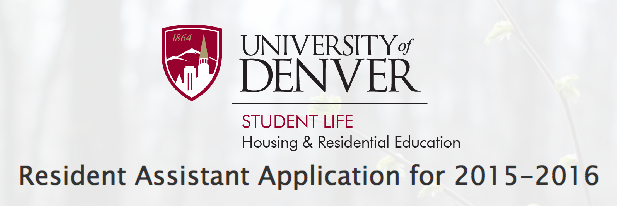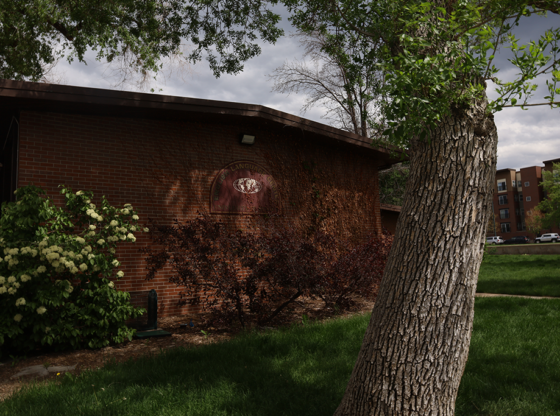It isn’t what most people imagine as a dream job. Watching over freshmen on a Thursday night may even seem like a nightmare, but it is not the only task the job entails, nor is it even necessary for many Resident Assistants (RA). The RA position may be difficult, but for students committed to their community, it is an excellent opportunity for growth. Furthermore, it is a position that is necessary for a healthy on-campus community.
One of the biggest benefits to becoming an RA is making daily connections with fellow students.
“Part of the job is that you have to connect with your residents per quarter,” said Ryan Martindale-George, a sophomore RA in Centennial Halls from Bamberg, Germany. Hearing life stories is also a benefit Martindale-George said is a part of the position.
The RAs also get to know their fellow staff to a great depth. The position requires two weeks of training before classes start in the summer, which is largely team-building. The RAs are considered a team because they work together to complete tasks and maintain the residence halls.
“I do rely on the other RAs,” said Martindale-George. Especially when it comes to difficult incidents, RAs rely on each to help their residents.
“Our paths would have never crossed,” said Aish Narang, a sophomore RA in Nelson Hall from Boulder, Colorado. “They’re selfless individuals.” For her, the RA team has provided Narang with new friends as well as new skills.
“It’s a lot more than I originally expected,” said Narang. “I knew it would be a good resume-builder. However, I’ve gotten so many more interpersonal and professional skills out of it.” Narang also said her time management skills have significantly increased.
Of course, the position isn’t for everybody. Martindale-George mentioned that, of any trait to have as an RA, commitment is the greatest. Narang also said communication is a must. The Housing and Residential Education (HRE) website also requires all RAs to be able to “Approach all work with a positive attitude.” It is a position that requires well-roundedness and a desire to be in the position.
The experience, however, depends on the dorm. Narang suggested talking to previous RAs to get a feeling for what experience is associated with each building. A few off-the-record stories from Narang and Martindale-George suggest that there is a vast difference between the experience as an RA in freshman residence Centennial Halls compared to sophomore residence Nelson Hall.
Furthermore, individual residents shape the experience. Martindale-George stated that compliance oftentimes just depends on the person, although “there is a difference in maturity” among his freshmen residents.
Narang and Martindale-George’s experiences clearly exhibit that the RA position offers a chance to gain friends, skills, and experiences.
RAs fill an essential need in our community. I experienced this first-hand at my previous university. My RA helped my fellow residents and me recover from several traumatic experiences in our residence hall by simply offering a space for all of us to relax and talk to each other. He also provided me with resources and an open door when dealing with a difficult roommate. His small gestures helped me overcome a difficult semester.
At DU, RAs have the same role in the community: they connect with students by providing resources and by being another member of the campus to support their personal experience on-campus. The position is absolutely necessary to facilitate community growth.
The application to become an RA can be found at tinyurl.com/DURA2015 and is due Feb. 5. For more information about the position, go to the HRE website. Narang is also open for discussion about the position and can be reached at aish.narang@yahoo.com.











